
October is Cyber Security month and the Bournemouth University Cyber Security Unit (BUCSU) is at Bournemouth House today (Thursday, 30 October) from 1100-1500 to provide BU staff and students with guidance on how to keep you and your family safe online. We have a few giveaways and demonstrations, so be sure to stop by. If you can’t make today’s event, the BUCSU will also be at Bournemouth House on Thursday.
Recent high profile hacks stress the importance of ensuring effective cyber security measures are in place. Criminality in the cloud has become a prominent issue with the latest publicity around the intrusion of Apple’s iCloud and the insensitive dissemination of celebrity private and intimate photographs. Users of the popular photo messaging service, Snapchat, who used an unofficial third-party app to circumvent the anti-save function have also fallen victim to a malicious attack whereby more than 100,000 videos and photos were released online. Last month’s ‘Peter Pan virus’ brought the issue of cyber security a bit closer to home as tens of thousands of people received an email which appeared to be from BH Live, the Bournemouth entertainment company, claiming they had booked tickets to see a pantomime at the Bournemouth Pavilions. The perpetrators used a basic phishing technique to lure recipients to open the attachment, which installed a virus capable of stealing passwords and sensitive personal information.
The rapid rise in reported high profile cyber-enabled attacks highlights the need for greater awareness to cyber risks. This has been specifically recognised in the USA and Europe as October has been dubbed the official cyber security awareness month to encourage vigilance and protection by all computer users. Therefore, the Bournemouth University Cyber Security Unit (BUCSU).
If you’ve got any burning questions about cyber security….or perhaps you’ve been the victim of a cyber crime and want to know how to prevent a future attack….or maybe you simply want to pop by to check out our giveaways and demonstrations….either way, we’re looking forward to seeing you at one of the events!
The BUCSU will also be attending the ‘Putting Crime out of Business’ conference in Bovington on Tuesday, 4 November. The Unit will have a stand to promote the available business services as well as Dr Christopher Richardson presenting on cyber crime.

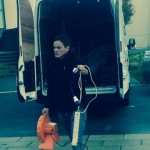


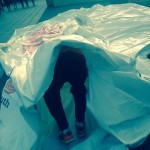

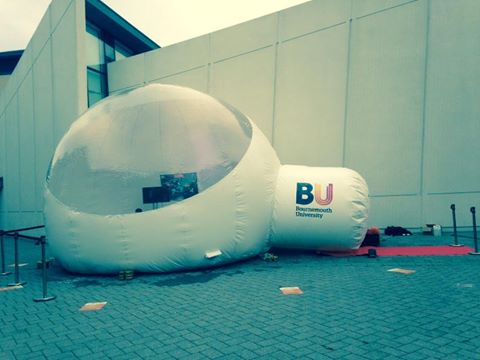
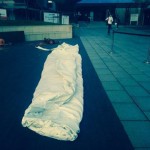
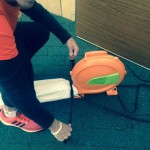



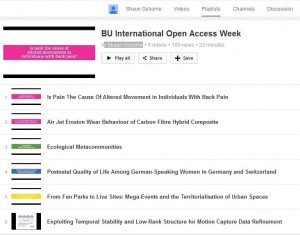

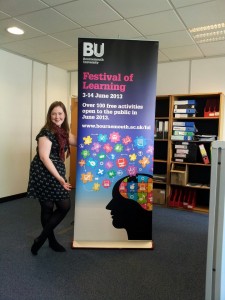

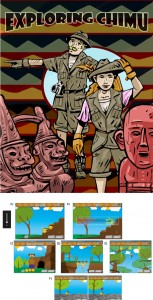
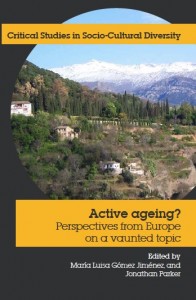
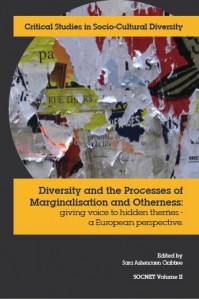
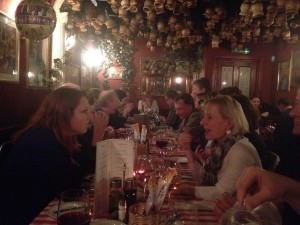

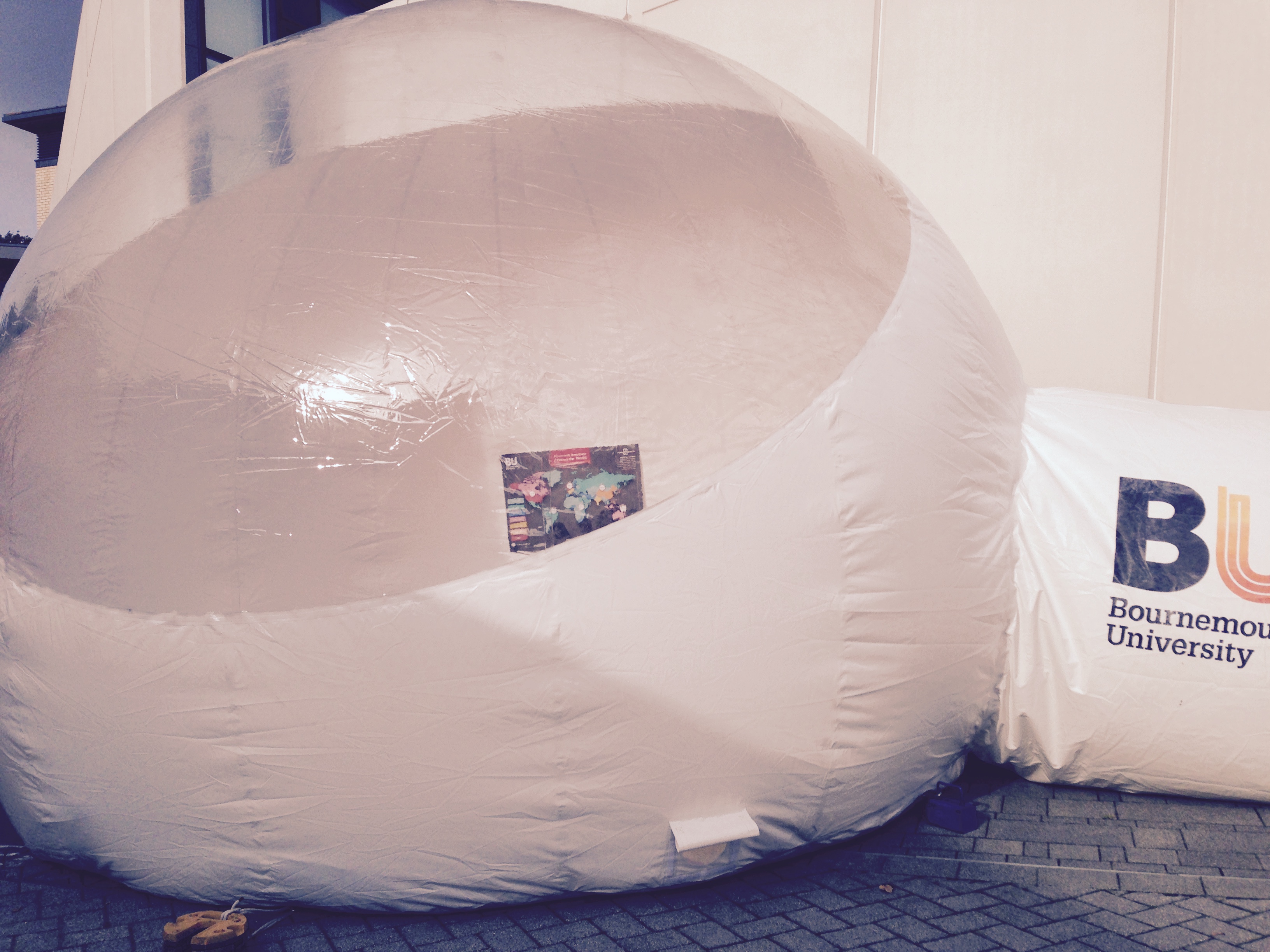 If you think that the Open Access Bubble looks cool from the outside, check out the inside
If you think that the Open Access Bubble looks cool from the outside, check out the inside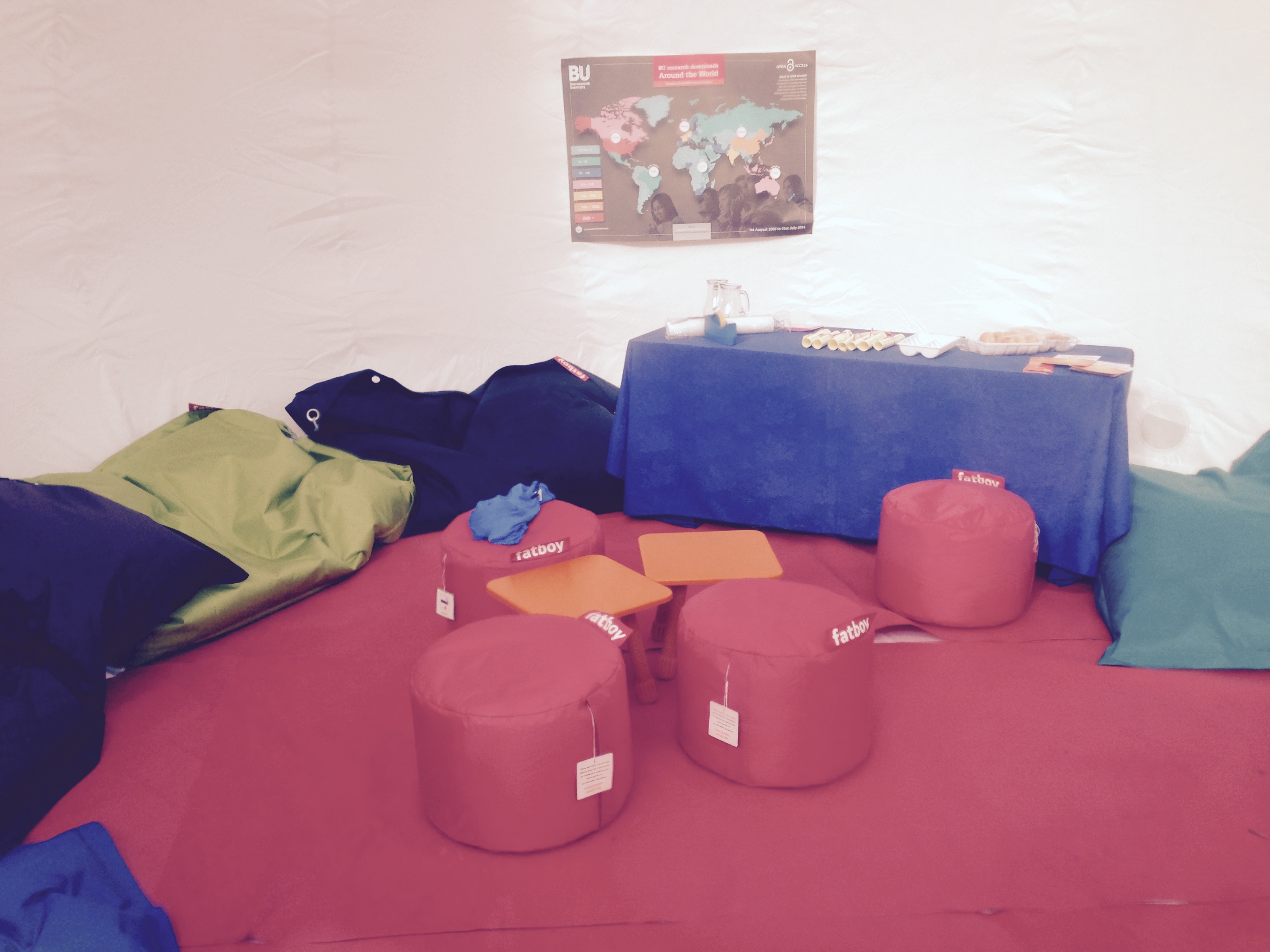 There is a Bubble talk every day from 10am to 11am, covering important topics like ‘The Benefits of Open Access’, ‘Open Access and the Philosophy of Openness’ and ‘Public Engagement Opportunities for Academics and Open Access’. Not only that, we also offer free doughnuts to visitors of the dome. You also get to laze on the bean bags while you watch some interesting video abstracts featuring some of our open access publications; and videos on the importance of open access.
There is a Bubble talk every day from 10am to 11am, covering important topics like ‘The Benefits of Open Access’, ‘Open Access and the Philosophy of Openness’ and ‘Public Engagement Opportunities for Academics and Open Access’. Not only that, we also offer free doughnuts to visitors of the dome. You also get to laze on the bean bags while you watch some interesting video abstracts featuring some of our open access publications; and videos on the importance of open access.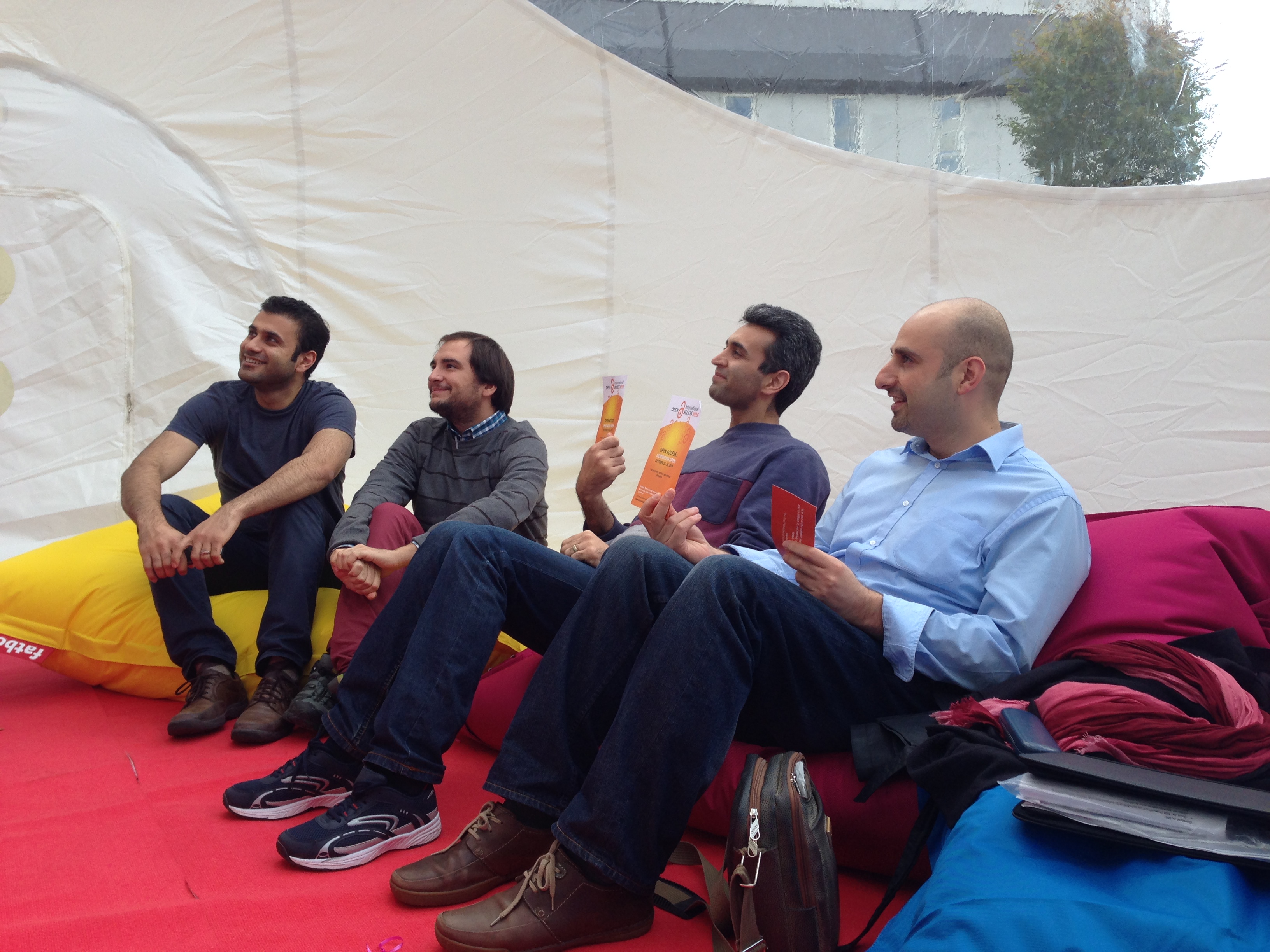 So please take this opportunity, visit the Open Access Bubble and get involved! For information on other events that are taking place, please visit www.bournemouth.ac.uk/open-access
So please take this opportunity, visit the Open Access Bubble and get involved! For information on other events that are taking place, please visit www.bournemouth.ac.uk/open-access
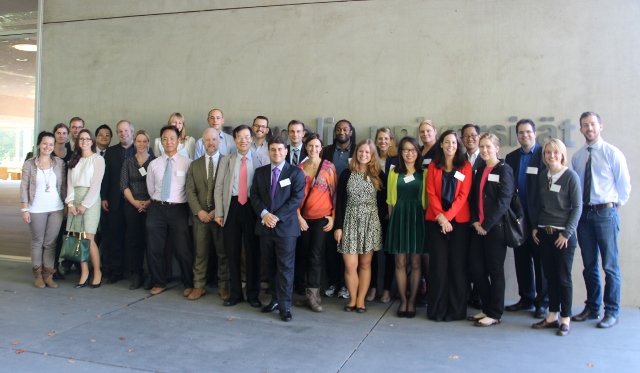











 April’s Café Scientifique – Should we help machines understand and respond to our emotions?
April’s Café Scientifique – Should we help machines understand and respond to our emotions? Postgraduate Research Experience Survey (PRES) 2024 – 2 WEEKS LEFT
Postgraduate Research Experience Survey (PRES) 2024 – 2 WEEKS LEFT Working with The Conversation: online training session – Wednesday 8th May
Working with The Conversation: online training session – Wednesday 8th May Apply for up to £1,000 to deliver an event and take part in a national festival of public engagement with research
Apply for up to £1,000 to deliver an event and take part in a national festival of public engagement with research MSCA Postdoctoral Fellowships 2024
MSCA Postdoctoral Fellowships 2024 Horizon Europe News – December 2023
Horizon Europe News – December 2023